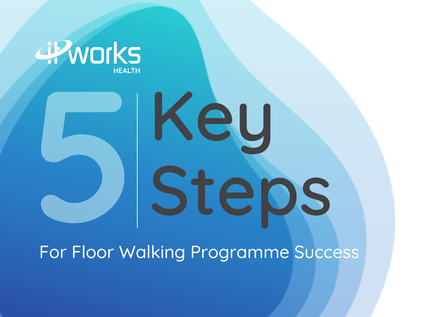As the NHS navigates the Purdah period and anticipates the outcomes of the upcoming election, there is a collective focus on maintaining the push of digital healthcare projects that have become vital to patient care. Purdah, the pre-election period during which specific restrictions are placed on government activities, brings certain constraints. However, the commitment to improving patient care through digital innovations remains unwavering.
Digital Healthcare During Purdah
During Purdah, the NHS must tread carefully with new announcements and initiatives. This period is marked by a pause on new projects to avoid any influence on election outcomes. Yet, this doesn't mean a stop to ongoing projects. Existing digital healthcare projects continue to operate, ensuring that the developments made in patient care are not compromised. Critical projects, particularly those that are deeply integrated into patient care services, remain active and are maintained. The priority is clear: patient care must not suffer due to administrative transitions.
Post-Election Continuity and Growth
Once the election concludes and the restrictions of Purdah are lifted, the NHS is poised to resume its full stride in digital healthcare advancements. The post-election landscape offers a renewed opportunity to re-evaluate, enhance, and expand digital healthcare projects. The positive outlook is fuelled by the collective understanding that digital healthcare is not just a fleeting initiative but a cornerstone of modern patient care.
Ensuring Patient Care Through Digital Innovation
Digital healthcare projects such as electronic patient records, telemedicine, AI-driven diagnostics, and patient portals have already demonstrated their value by improving efficiency, accessibility, and the quality of care. These initiatives are not purely administrative enhancements; they are essential tools in the daily lives of patients and healthcare professionals. As such, their continuation is seen as non-negotiable.
NHS leaders recognise the transformative power of digital health technologies. Investment in these areas is likely to continue, driven by the benefits observed during the pandemic when digital solutions became indispensable. There is a robust infrastructure and a dedicated workforce ready to push forward, ensuring that the digital transformation journey is sustained and even accelerated after the election.
A Commitment to the Future
In conclusion, while Purdah introduces a temporary phase of caution, the essential work of digital healthcare projects within the NHS remains constant. As the election period concludes, the anticipation of a mandates will cause uncertainty, however there will still be a drive from these mandates that influence change and improvement for digital healthcare (either way it goes). This positive outlook ensures that the NHS will not only sustain but thrive in its digital transformation, with patient care at the heart of every initiative.




